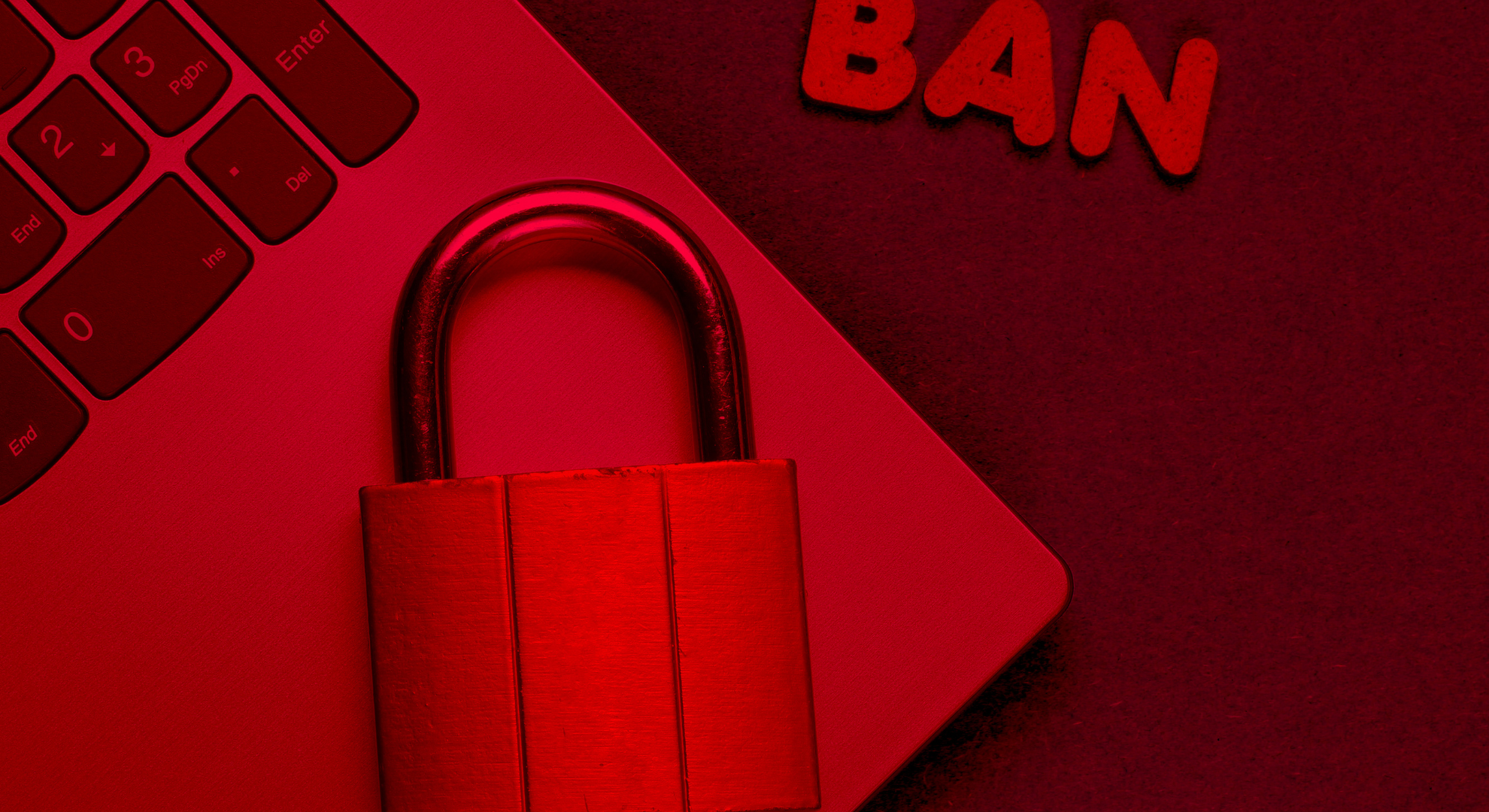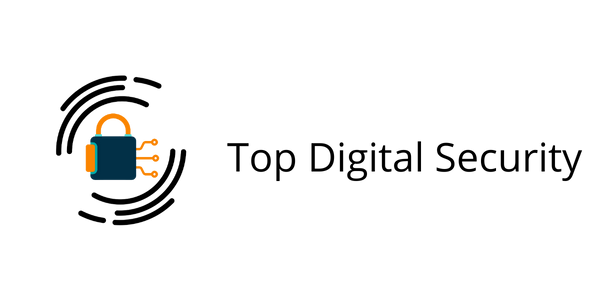
Major Western nations align to ban Kaspersky and Chinese applications WeChat and TikTok amid rising national security concerns.
Anita Anand, the President of the Treasury Board, announced a ban on government-issued mobile devices for the use of WeChat, a Chinese social media app, and Kaspersky, a suite of Russian cybersecurity applications in a press release on October 30th.
The decision aimed to enhance the security of government networks. Officials noted that WeChat and Kaspersky applications pose an “unacceptable level of risk to privacy and security” by collecting user data and potentially accessing the device’s content extensively.
Anand stated, “We are implementing a risk-focused cybersecurity strategy by removing access to these applications on government mobile devices. The Government of Canada remains committed to protecting our information systems and networks to ensure the privacy and security of government data. We will consistently monitor potential cyber threats and take immediate action as necessary.”
The ban went into effect on October 30th, resulting in the immediate removal of the applications from government-issued mobile devices and prohibiting further downloads. While the decision to use these applications remains a personal choice for the general public, Canada’s Cyber Centre advises users to take precautionary measures when using these apps.
Europe and US Swap Out Kaspersky for Safer Options
The Canadian government’s decision to ban Russian and Chinese applications mirrors the strategies employed by other Western nations.
In response to the conflict in Ukraine last year, European authorities proposed an EU-wide restriction on using Kaspersky applications, citing increased suspicion that Russia could exploit its products.
In 2022, Cybernews discovered that Kaspersky Labs protected resources for the Russian Ministry of Defense and critical domains essential for the Russian propaganda machine.
Germany’s cybersecurity authority, BSI, warned against using Kaspersky antivirus amid threats from Russia directed at the EU and NATO. Kaspersky’s use in the Lithuanian public sector has been banned since 2017. Italy’s public sector also banned Russian antivirus software in 2022 to prevent service disruptions. In alignment with Europe’s actions, the US classified Kaspersky as a threat to national security in the same year.
Additionally, the widely popular Chinese-owned video platform TikTok faced bans on devices used by EU staff and government-issued mobile devices in the US, Austria, Australia, Belgium, and the UK due to concerns of potential spying, as user data collected could be accessible to Chinese authorities.
Story credit
Related story:

